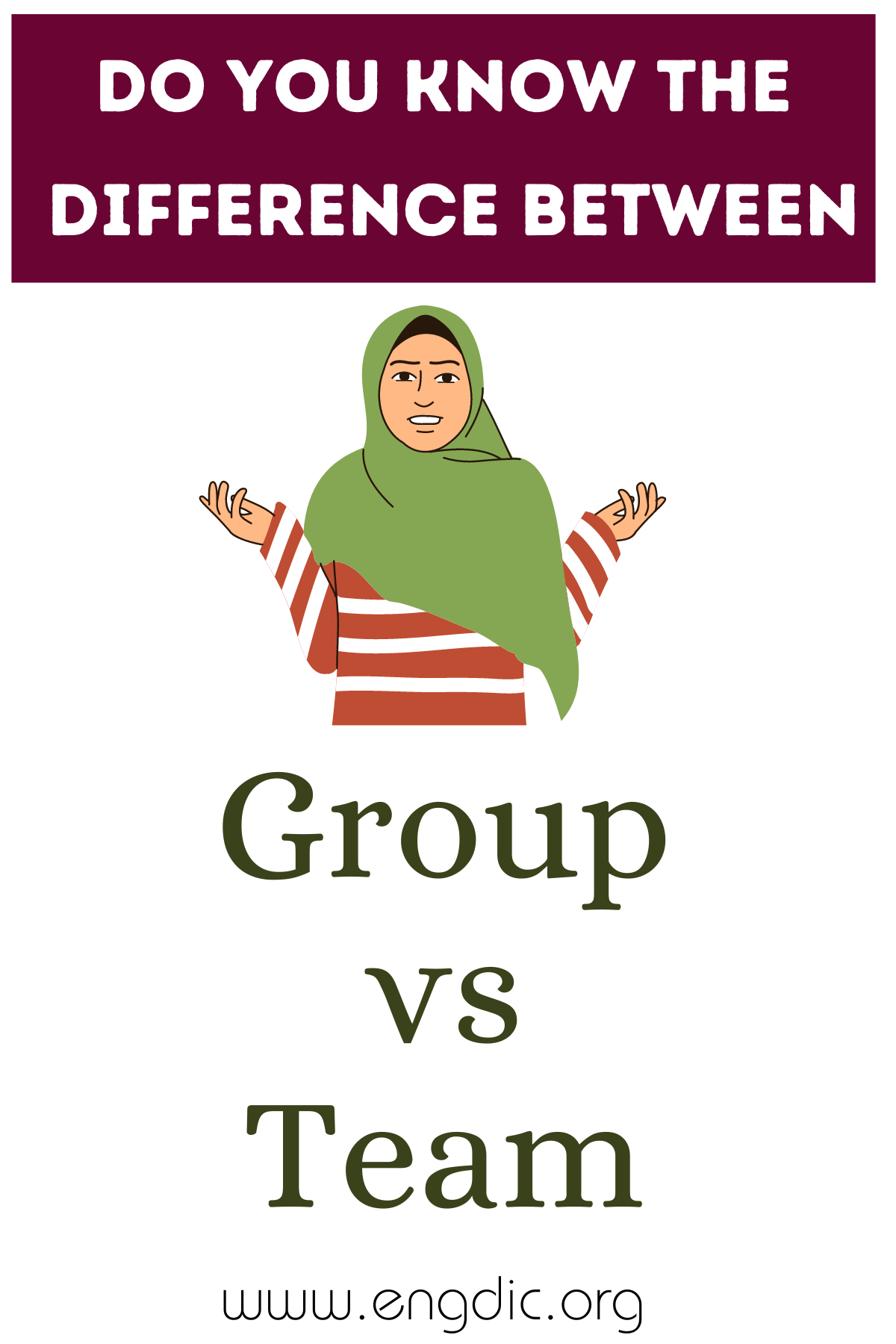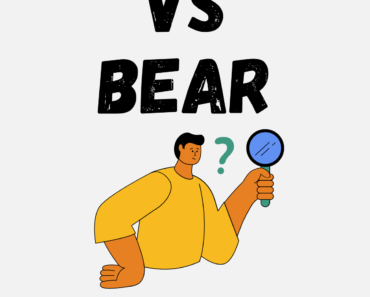A “group” is a collection of individuals gathered for a common interest, without necessarily sharing goals or coordinating closely. Each member retains individual autonomy, and their involvement might be limited to their particular purpose.
In contrast, a “team” embodies collaboration and shared responsibility, where members work interdependently to achieve a unified goal. A team’s success depends on effective communication and synergy, with roles defined to complement each other. The primary difference lies in the structure and intention: a group can exist without cohesive unity, but a team thrives on collaborative effort.
Group
Definition: A group refers to an assembly of individuals sharing a common interest or characteristic. The members maintain individual identity and aren’t necessarily bound to a collective goal.
Usage and Examples:
- Interest Groups: A group of people interested in a shared hobby, like book clubs or photography groups, where each person engages independently.
- Social Groups: Individuals gathered by social connection, such as families or friends, without formal structure or purpose.
- Work Groups: Employees who share a workspace but work on separate tasks, with each individual focused on their unique responsibilities.
Team
Definition: A team is a collection of people with complementary skills, working together towards a common goal. Members have defined roles that support one another, requiring collaboration and trust.
Usage and Examples:
- Sports Teams: Athletes with different roles working towards a common objective, such as winning a match or tournament.
- Project Teams: Professionals in a company collaborate on a project, pooling their expertise to meet specific deadlines and deliverables.
- Problem-Solving Teams: A specialized team, like a crisis management team, is formed to address specific challenges through coordinated action.
In essence, the main difference between a group and a team lies in their purpose and structure. While groups are more loosely connected, teams rely on collaboration and interdependence for success.







